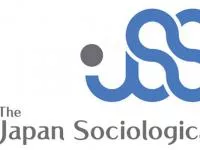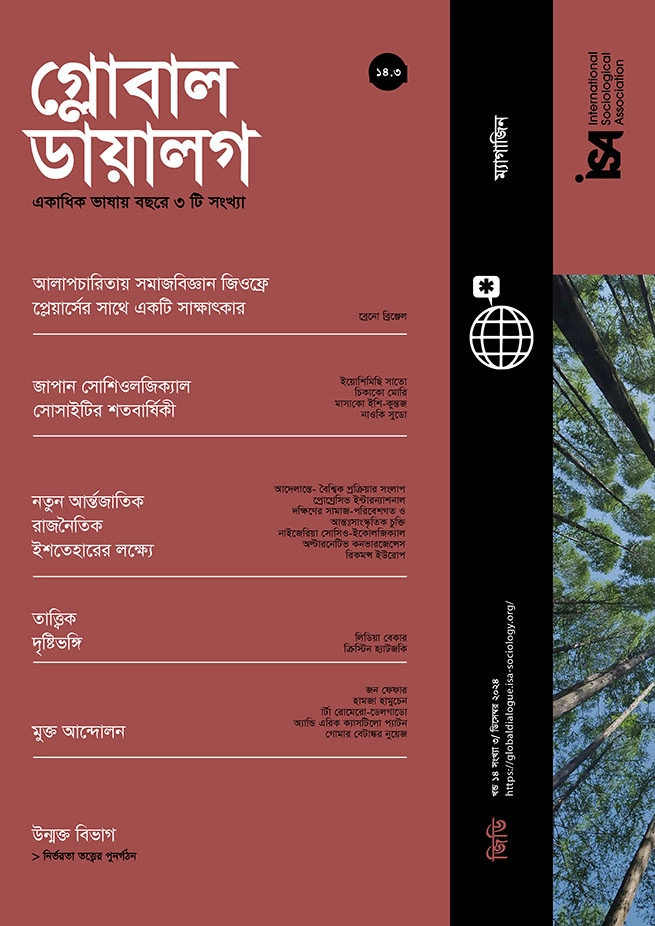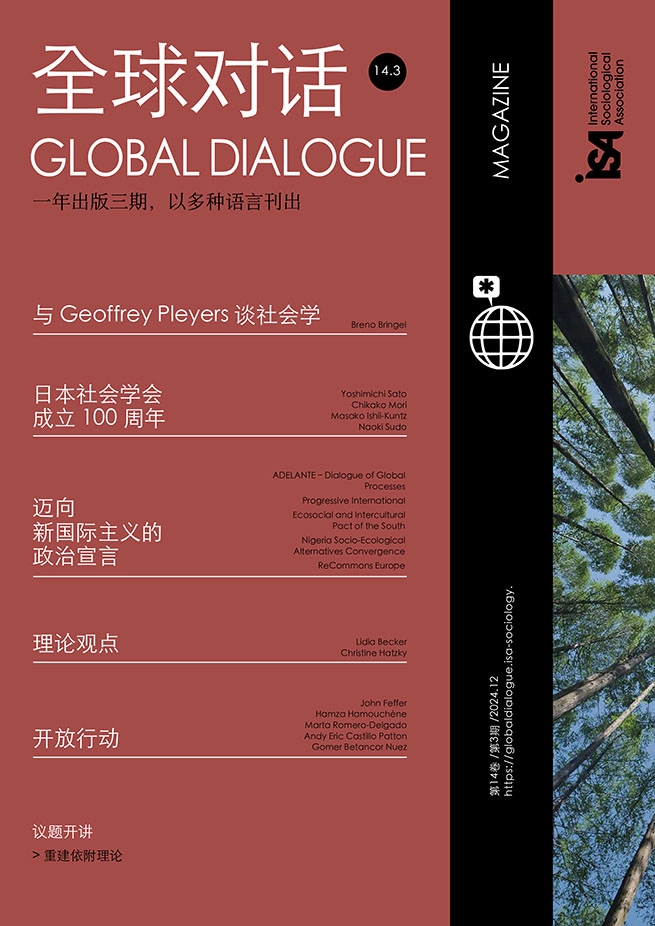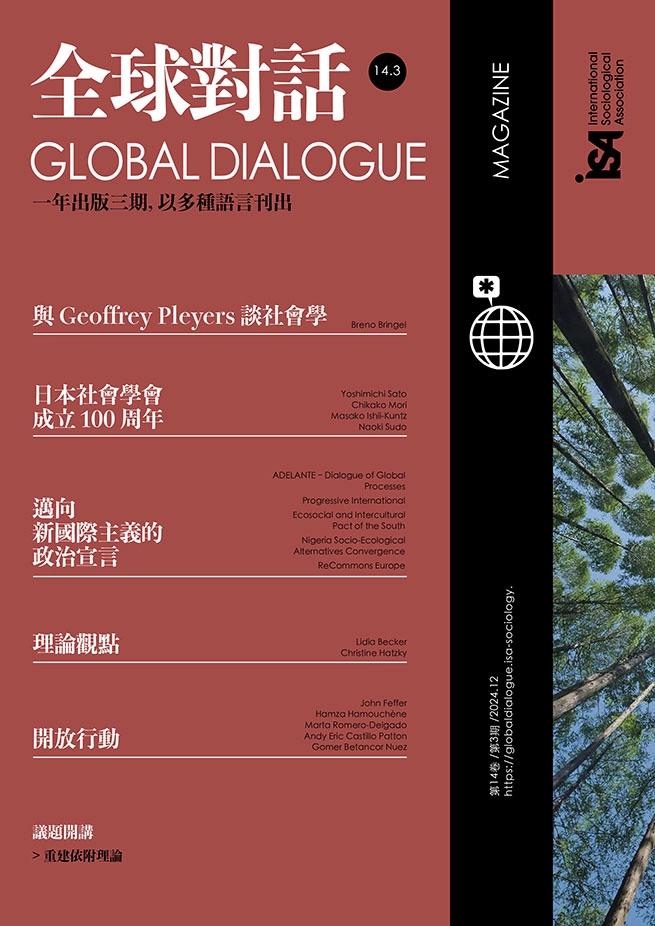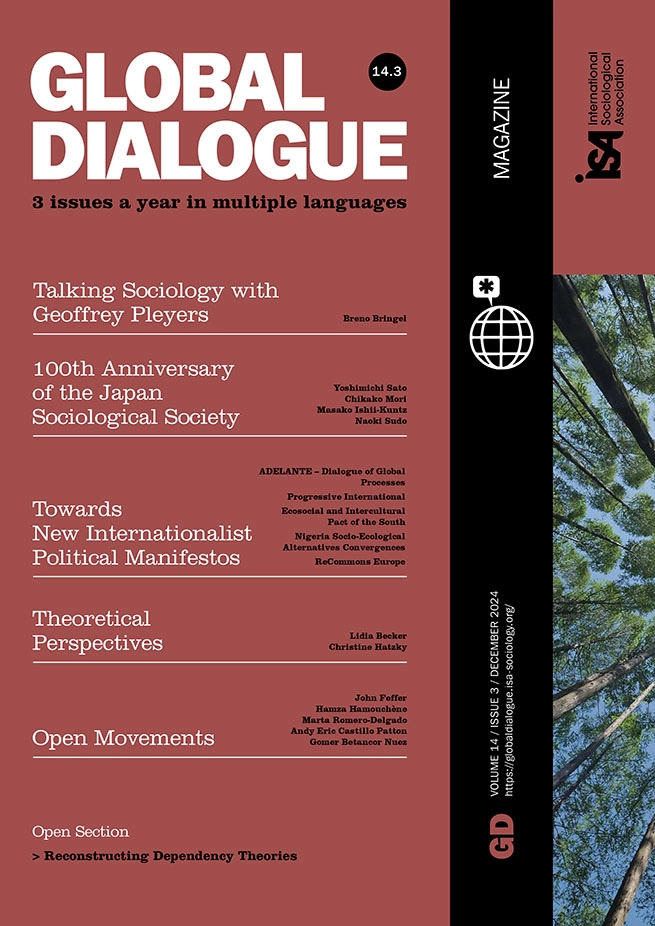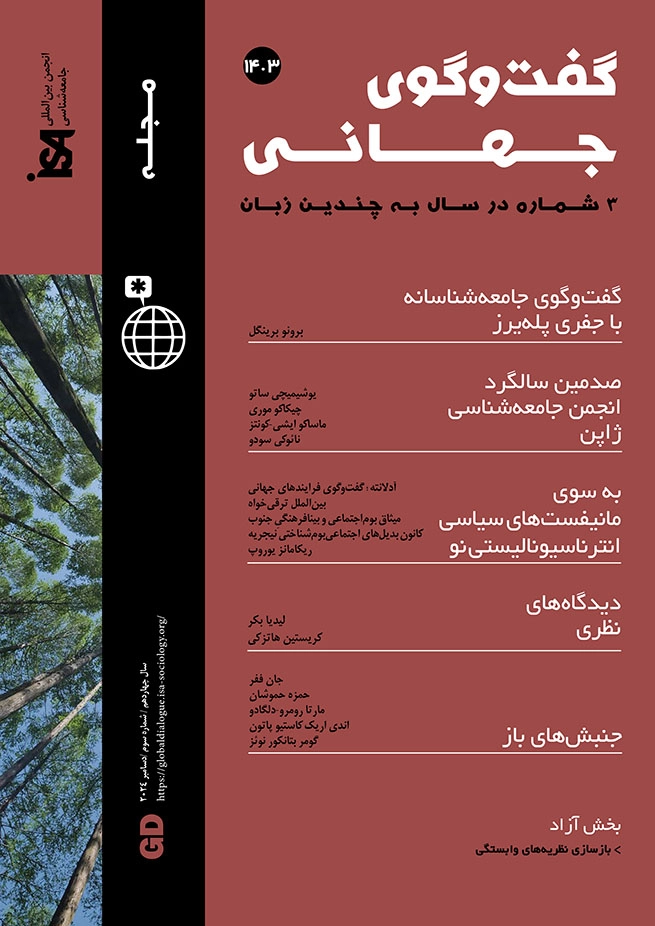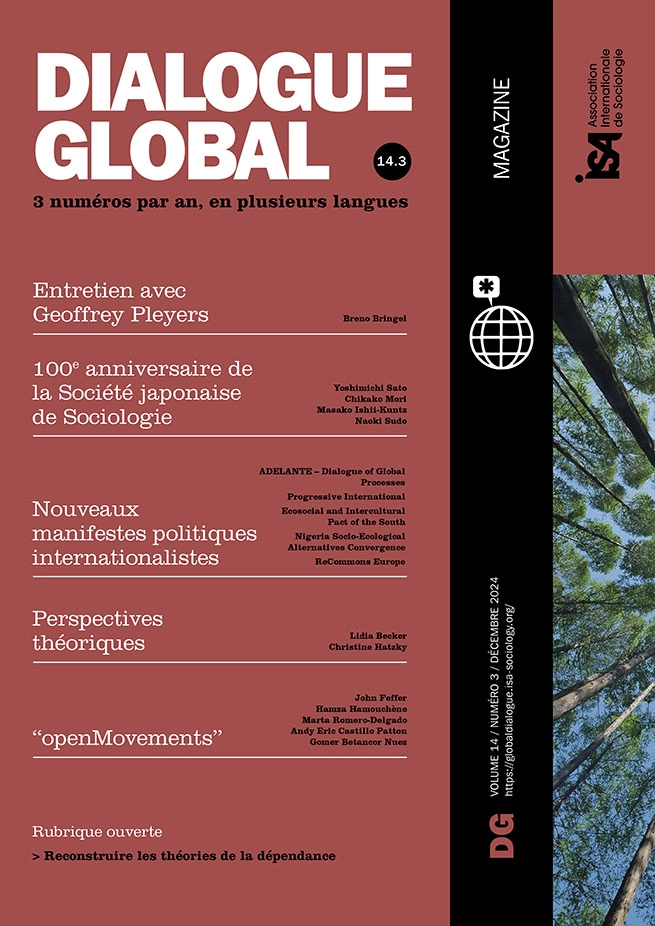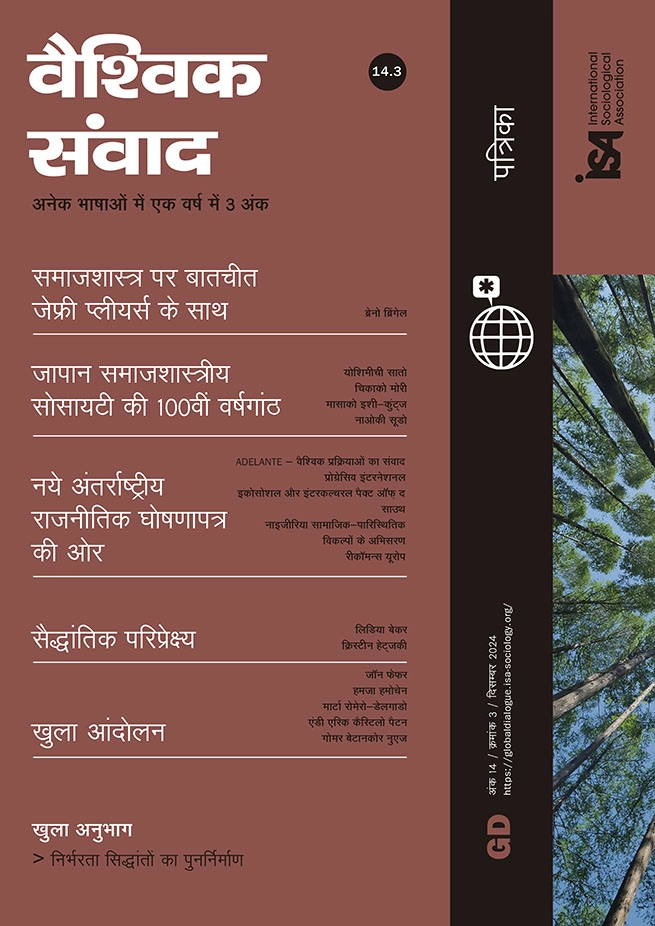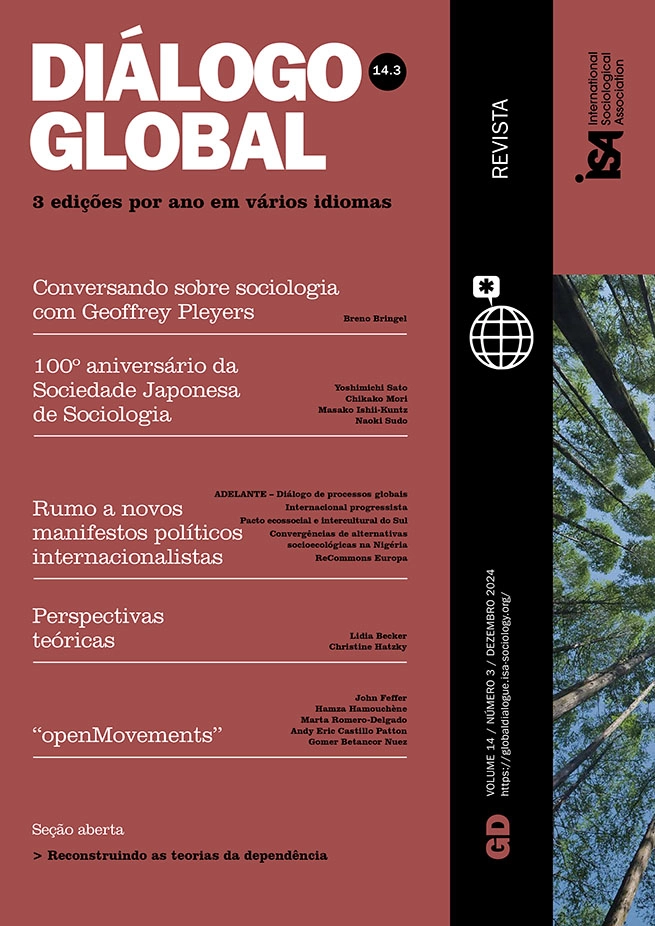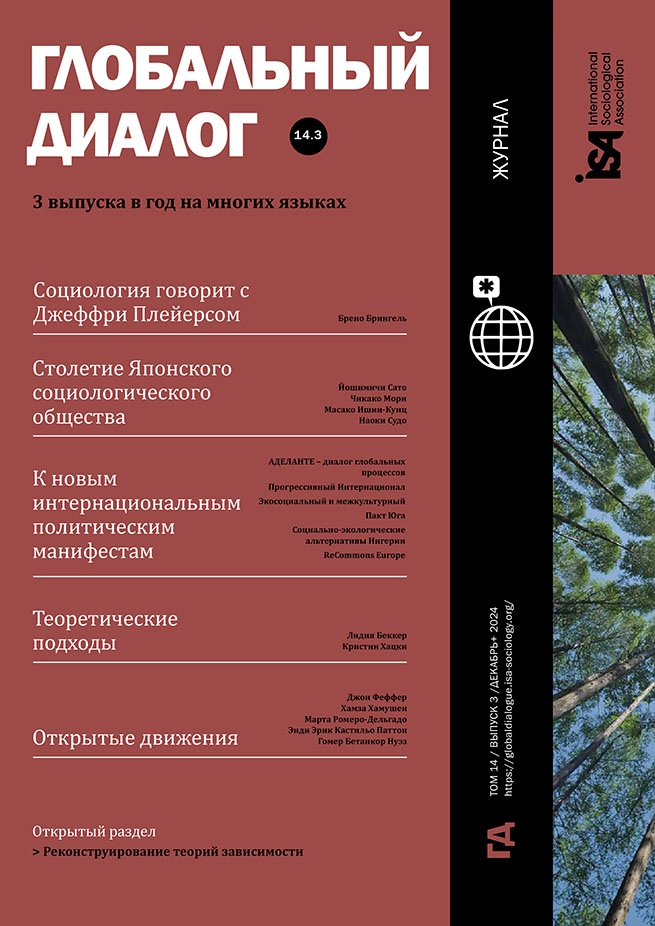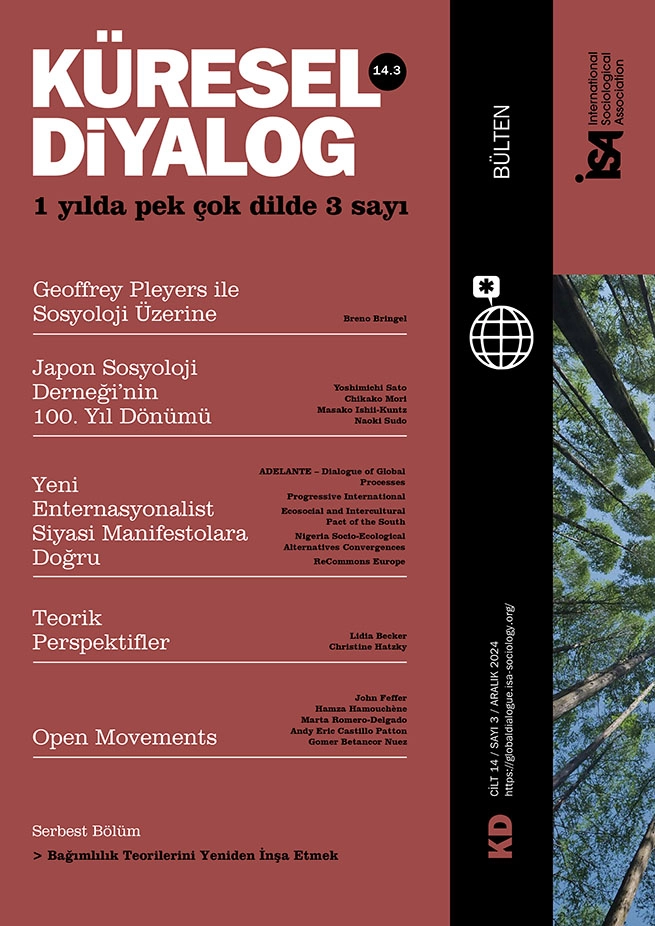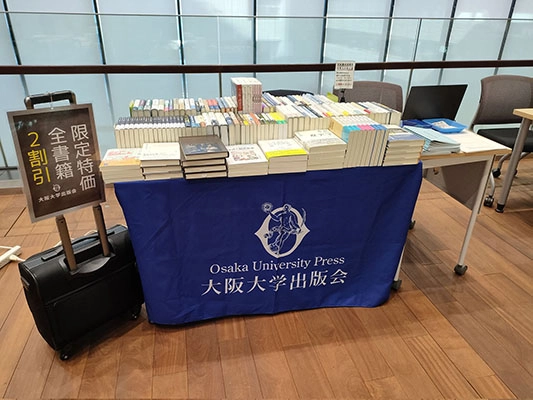The recent trends in Japanese sociology exhibit two characteristics. First, the chief interest of Japanese sociologists appears to have shifted to sociological methods. It is noteworthy that the methodological interests of Japanese sociologists are not limited to quantitative methods but also include qualitative methods. Second, the interests of Japanese sociologists during the early twenty-first century have been more diverse than those of the twentieth century. Thus, Japanese sociologists’ chief interests have shifted towards the latest topics. These can be interpreted as new topics in the field of sociology being added to traditional topics within the field in Japan. Consequently, Japanese sociologists’ interest in sociological theories has weakened over the past few decades.
From sociological theories to sociological methods
To confirm the shift from theory to methods in Japanese sociology, we can refer to two studies written by two Japanese sociologists. One is Ken’ichi Tominaga’s book titled, Sociology in Postwar Japan: A Contemporary History (2004), and the other is Hiroki Takikawa’s article titled, “Topic dynamics of post-war Japanese sociology: Topic analysis of Japanese Sociological Review corpus by structural topic model” (2019). Although these works by Tominaga and Takikawa do not analyze the most recent trends in Japanese sociology, it is certainly believed that the framework presented by them can continue to be applied to the latest scenario.
Those authors argue that two opposing sociological schools of thought (structural functionalism and Marxism) dominated the interests of Japanese sociologists during the 1960s and the 1970s. However, both those sociological ideas were radically criticized by the following generation of Japanese sociologists, and lost their influence. Instead of structural functionalism and Marxism, new sociological theories (e.g., Michel Foucault’s studies on the subject, Pierre Bourdieu’s cultural capital theory, Niklas Luhmann’s social system theory, Jürgen Habermas’s communication theory, and Anthony Giddens’ structuration theory) have attracted the interest of Japanese sociologists. Moreover, Japanese sociologists’ interest in sociological theories has weakened rapidly since the turn of the century.
According to Takikawa, Japanese sociologists are interested in sociological methods as a means by which to analyze social research data instead of sociological theories per se. Indeed, some Japanese sociologists have keenly analyzed social phenomena using advanced quantitative methods. Simultaneously, other Japanese sociologists have studied social phenomena using qualitative methods, such as narrative approaches. As Takikawa indicates, quantitative and qualitative methods became widely accepted by Japanese sociologists over the first two decades of this century. This suggests that the relations between quantitative and qualitative methods within Japanese sociology during the early twenty-first century have not been competitive, but rather complementary.
Generally, the diffusion of advanced quantitative methods in a discipline can be interpreted as a sign of normalization of the discipline as a science. However, the diffusion of advanced quantitative methods in Japanese sociology during the early twenty-first century tended to positively coexist with qualitative methods which may be more difficult to scientifically normalize than quantitative methods. This suggests that Japanese sociologists’ preference for quantitative methods does not reflect a preference for normalization of the field as a science. Therefore, we should explore other reasons why Japanese sociologists shifted their interest from sociological theories to sociological methods.
Diversified topics in Japanese sociology during the twenty-first century
Hiroki Takikawa indicates that the research topics targeted by Japanese sociologists during the twenty-first century have been more diversified than those targeted during the late twentieth century. Specifically, Japanese sociologists have added new research topics (such as environmental problems, gender/sexuality, and self-identification) to the traditional topics in sociology (social class, family, labor, organization, urban studies, and so on). It is assumed that they should use new advanced quantitative and qualitative methods to address these topics, which are highly interconnected in complicated ways. Additionally, for Japanese sociologists, such methods are expected to play a significant role as a communication tool with social scientists in other disciplines (economics, political science, law, and social data science, among others), who share their interests. It is likely that diversified research topics and the demand for cooperation with social scientists in different disciplines were the reasons why Japanese sociologists began to emphasize their interest in methods.
Moreover, Japanese society experienced rapid social change during the early twenty-first century. For Japanese sociologists, such changes have made practical and immediate resolutions difficult. First, the Japanese population aged considerably during the period. Consequently, Japan now has one of the oldest populations in the world. This has brought the sustainability of the social welfare regime of Japan into question. Second, Japan has experienced long-term economic stagnation since the late 1990s. Consequently, the share of non-regular employees (part-time and temporary workers) in the entire labor force has risen. Furthermore, as Japanese society needs to address the issues caused by a labor force shortage, the number of immigrants and the rate of women’s participation in the labor force have been increasing. These changes have widened social inequalities and brought with them new social problems that are not explained by traditional sociological theories in Japan.
Thus, during the early twenty-first century, Japanese sociologists have had to address new topics that could not be explained by traditional sociological theories and consequently have shifted their interests from theory to method. It is not the case that sociological theories are no longer helpful to Japanese sociologists; rather, new sociological theories that sufficiently explain new topics and focus on emergent tasks will be required. Without founding theories to explain these new issues, Japanese sociologists will not be able to determine effective means to resolve them.
Concluding remarks
It appears that recent trends in Japanese sociology are partly in resonance with those in sociology globally. While the rapidly aging population and long-term economic stagnation during the early twenty-first century may be remarkable in Japanese society compared with other countries, I believe that research interests shifting from sociological theory to sociological methods and diversified research topics are common characteristics shared worldwide. Therefore, problems caused by such trends are not only observed in Japanese sociology but also in global sociology. This suggests that Japanese sociologists should cooperate with sociologists worldwide to overcome the problems that they are facing in the twenty-first century.
Naoki Sudo, Hitotsubashi University, Japan <naoki.sudo@r.hit-u.ac.jp>
